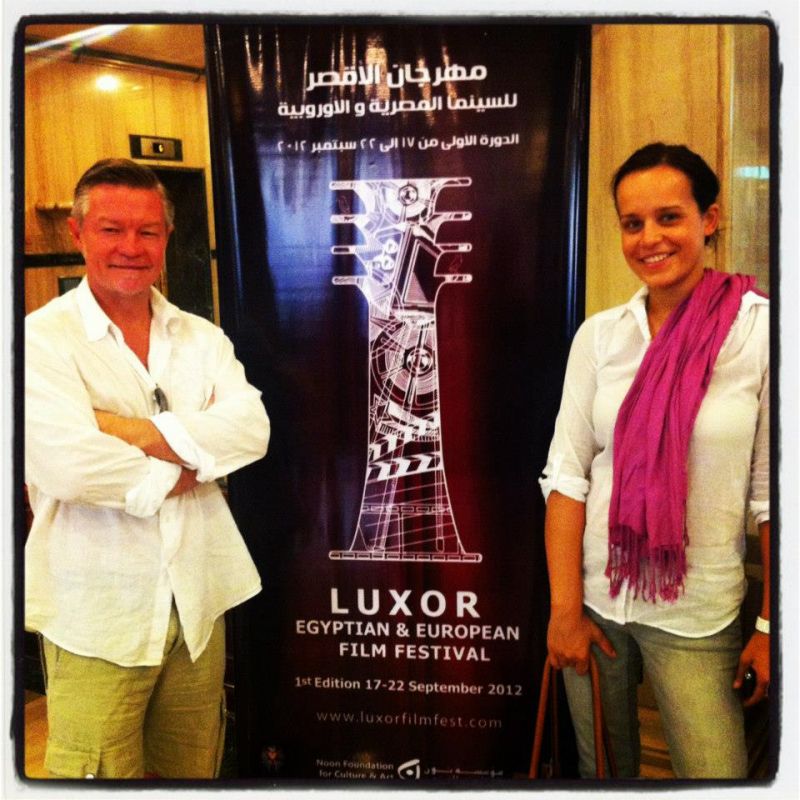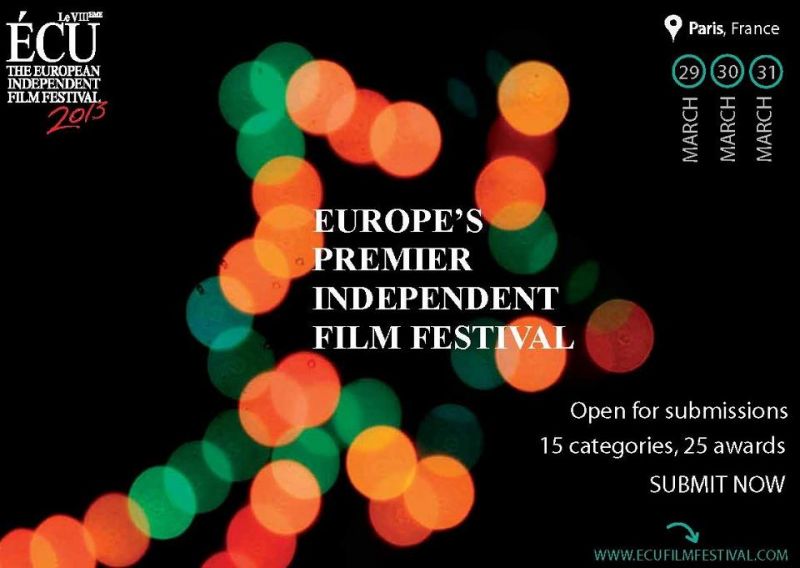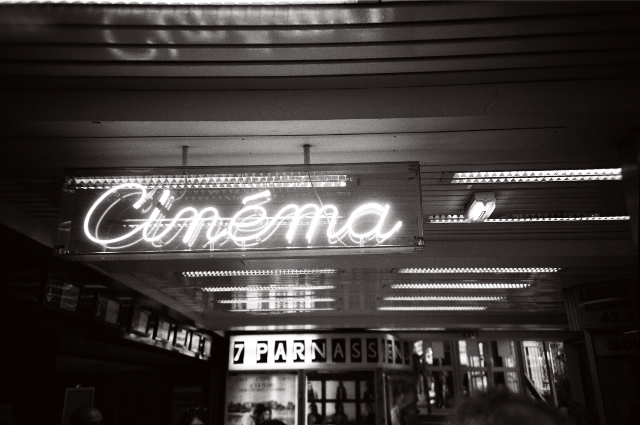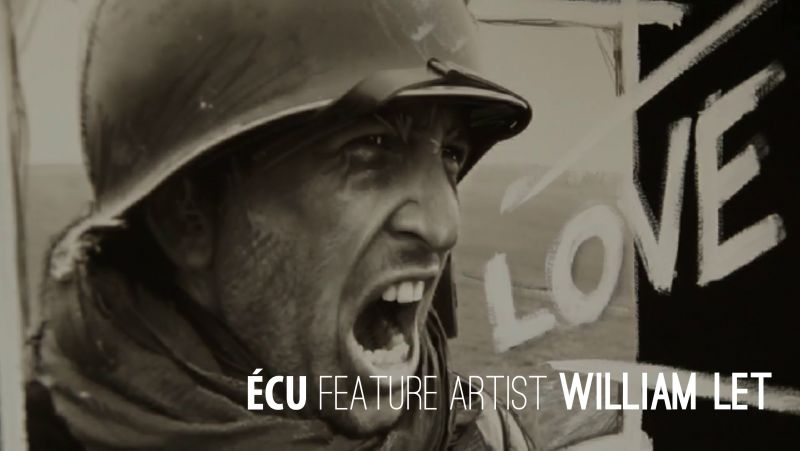|
|
||
|
Pro Tools
FILMFESTIVALS | 24/7 world wide coverageWelcome ! Enjoy the best of both worlds: Film & Festival News, exploring the best of the film festivals community. Launched in 1995, relentlessly connecting films to festivals, documenting and promoting festivals worldwide. Working on an upgrade soon. For collaboration, editorial contributions, or publicity, please send us an email here. User login |
Creative Commons: the Robin Hood of 21st century culture?by Ana Soares
It’s tough to be an artist in the era of copyright, so knowing
Whether you’re an independent or mainstream filmmaker, a musician or a
That’s where Creative Commons comes in. Created in 2001 by Lawrence
RiP! A Remix Manifesto investigates the issue mainly in the United
If you, like me, Brett Gaylor and Lawrence Lessig, feel that it is For more information, visit:
http://creativecommons.org/
Creative Commons, le Robin des bois du 21ème siècle
Que vous soyez réalisateur indépendant ou mainstream, musicien ou
C’est là que Creative Commons entre en scène. Créée en 2001 par
RiP! A Remix Manifesto étudie la question en se concentrant sur les
Si comme moi, Brett Gaylor et Lawrence Lessig, vous trouvez injuste Pour plus d’informations, rendez-vous sur les sites suivants :
http://creativecommons.org/
24.11.2010 | ÉCU-The European Independent Film Festival's blog Cat. : America Ana Soares Ana Soares Artist Brett Gaylor Contact Details creative commons Creative Commons Director ecu ecu 2011 ecufilmfestival Entertainment Entertainment French people http://creativecommons.org/ Lawrence Lessig musician Paul Hay du Chastelet Person Career scientist , a writer Technology Technology United States www.opensourcecinema.org/ Yaguine Koita and Fodé Tounkara FESTIVALS
|
LinksThe Bulletin Board > The Bulletin Board Blog Following News Interview with EFM (Berlin) Director
Interview with IFTA Chairman (AFM)
Interview with Cannes Marche du Film Director
Filmfestivals.com dailies live coverage from > Live from India
Useful links for the indies: > Big files transfer
+ SUBSCRIBE to the weekly Newsletter Deals+ Special offers and discounts from filmfestivals.com Selected fun offers
> Bonus Casino
User imagesAbout ÉCU-The European Independent Film Festival Hillier Scott Hillier Scott (ECU)
Scott Hillier, Founder and President of ÉCU - The European Independent Film Festival
Scott Hillier is a director, cinematographer, and screenwriter, based in Paris, France. In the last 20 years, Hillier has gained international recognition from his strong and incredible cinematography, editing, writing, producing and directing portfolio in both the television and film industries.
Scott began his career in the television industry in Australia. In 1988, he moved to London getting a job with the BBC who then set him to Baghdad. This opportunity led him to 10 years of traveling around world for the BBC, mainly in war zones like Somalia, Bosnia, Tchetcheynia, Kashmir, and Lebanon. After a near fatal encounter with a Russian bomber in Tchechnyia, Hillier gave up his war coverage and began in a new direction.
He moved to New York City in 1998. He directed and photographed eight one-hour documentaries for National Geographic and The Discovery Channel. Based on his war knowledge and experience, Hillier wrote and directed a short film titled, “Behind the Eyes of War!" The film was awarded “Best Short Dramatic Film” at the New York Independent Film and TV Festival in 1999. From that he served as Supervising Producer and Director for the critically acclaimed CBS 42 part reality series, "The Bravest” in 2002 and wrote and directed a stage play called, "Deadman’s Mai l," which ran at Le Théâtre du Moulin de la Galette in Paris during the summer of 2004. He then became the Director of Photography on a documentary titled, “Twin Towers." This was yet another life changing experience for Hillier. The riveting documentary won an Academy Award for "Best Documentary Short Subject" in 2003. In 2004, Hillier changed continents again, spending three months in Ethiopia. He produced “Worlds Apart,” a pilot for ABC America / True Entertainment / Endemol. As you can see, Hillier was and is always in constant movement and enjoys working in a number of diverse creative areas including documentaries, music videos, commercials, feature and short films.
Scott studied film at New York University and The London Film and Television School. He also studied literary non-fiction writing at Columbia University. Hillier's regular clients include the BBC, Microsoft, ABC, PBS and National Geographic. Between filming assignments, he used to teach film, a Masters Degree course in Screenwriting at the Eicar International Film School in Paris, France and journalism at the Formation des Journalistes Français in Paris, France.
View my profile Send me a message The EditorUser contributionsUser links |




























